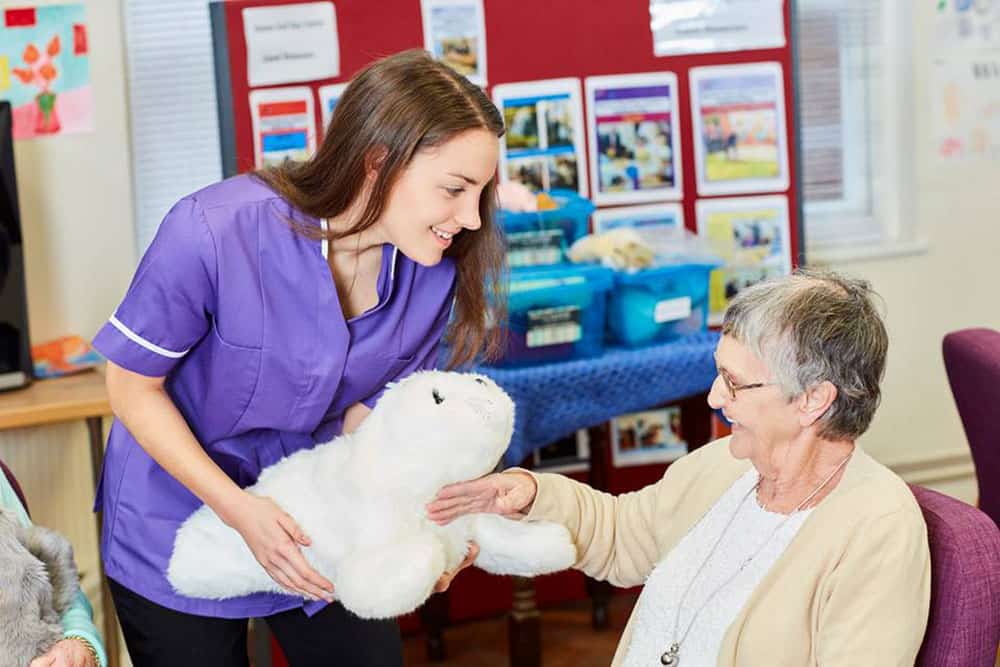£34 million investment to develop care robots to transform care sector and relieve pressure off healthcare professionals

Part of the UK Government’s aim to give people five years of longer, healthier life, it has announced a £34 million investment to develop robots capable of providing support for Britons and making caring responsibilities easier.
With one in seven people in the UK now expected to be over 75 years old by 2040, care robots could help provide the UK’s dedicated adult social care sector with more assistance for those who need it most.
The Government has launched the UK’s biggest research programme entirely dedicated to making autonomous systems safe and trustworthy for public use with investment that could help develop robots to one day fulfil tasks such as helping an elderly person up after a fall and raising the alarm, delivering food to an older person at mealtimes, and ensuring they take crucial medication at the correct time.
This cutting-edge programme will undertake research into their design, for example ensuring robots are better protected against cyber-attacks and that they demonstrate principles like respect, fairness and equality, enabling them to eventually be used in environments like care homes and hospitals.
In the healthcare sector, this dedicated programme could enable care robots work alongside professionals to assist and complement their work, and help relieve pressures.
Science Minister Chris Skidmore said: “A staggering one in seven people in the UK are now expected to be over 75 years old by 2040. As our society ages, most of us will have to care for a loved one, whether it’s a grandparent or a parent or a partner.
“It’s vital that we meet the needs of this ageing society, and through cutting edge research like this we will ensure that as technology advances, the UK leads the way in designing and adopting it, growing our status as a global science superpower.”
This announcement follows previous Government investment in a Bristol-based project which has already developed a prototype of a robot called CHIRON, which is designed to support older adults with mobility and other ageing-related impairments. The robot could eventually assist with anything from bringing a tray of food or drink to a patient, to helping those with mobility issues to their feet from their chair.
The latest phase of the project in the Bristol Robotics Laboratory is conducting research to ensure that these robots are trustworthy and safe for use.
Praminda Caleb-Solly, Professor of Assistive Robotics at the Bristol Robotics Laboratory, said: “Assistive robots can provide essential support for those who need help carrying out everyday tasks – so they can maintain their independence for as long as possible. But making sure we can trust these robots by reducing the risks associated with this technology is essential.
“Unlocking their full potential means they could assist with anything from physiotherapy, to assistance for older people with mobility issues, improving people’s quality of life significantly.”
The £34 million investment is funded through the Government’s Strategic Priority Fund and delivered by UK Research and Innovation (UKRI).
In recent times, the adult social care “crisis” has made headlines constantly, with charities and organisations calling for urgent funding and investment to ease pressure off overstretched carers and help tackle growing care demands.
As well as this latest Government announcement, in July 2019, Hft and Tunstall Healthcare released a report on how assistive technology can support and transform the social care sector. The report highlights potential solutions such as assistive technology to aid communication and warn of potential fire hazards for elderly and disabled people.

